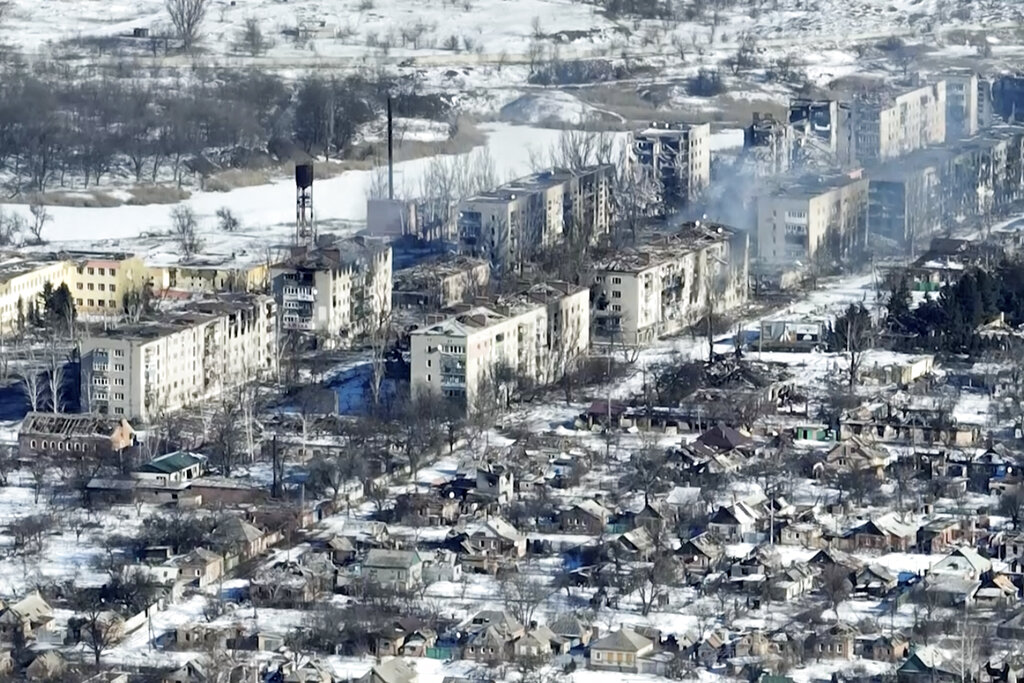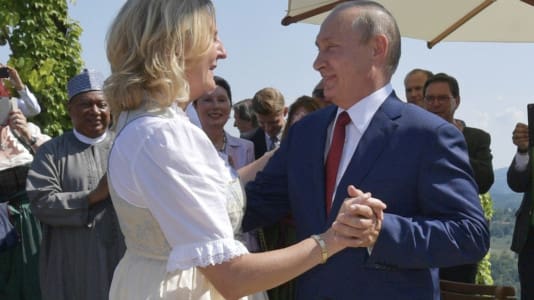The war across Poland’s eastern border has been going on for almost 10 years. With each day, the destruction and casualties increase, even if we’ve stopped closely following it.
Ukraine is bleeding out.
As President Zelensky stated in an interview with CNN, even if victory comes, there won’t be a happy ending.
At the beginning of this year, I was wondering, with the war in former Yugoslavia in mind, whether the war would follow the “Croatian scenario,” which would have seen Ukraine gathering strength, partaking in a quick counteroffensive, and then rebuilding, or whether the “Serbian scenario,” typified by prolonged conflict and chaos, would be more likely.
It appears that, unfortunately, only the latter scenario remains on the table.
At the same time, in Poland there’s frequent controversy over how deeply we have engaged in helping Ukraine, and when it comes to reconstruction, we will likely get nothing in return. In my view, talking about rebuilding in light of the news from the front seems very premature, but not just for that reason alone.
Last week, I participated in a conference where a German professor outlined what needs to happen for Ukraine to replicate Germany’s post-war economic miracle — or at least the Polish economic miracle after 1989. In short, what is necessary is capital, educated people, and an appropriate, liberal economic policy — the kind conducted in West Germany by Chancellor Ludwig Erhard or in Poland by Leszek Balcerowicz.
Leaving aside Poland’s success story — so as not to overly mock this liberal miracle — I’d like to focus momentarily on Germany’s economic miracle (Wirtschaftswunder). It seems to me that my esteemed colleague from across the Oder River overlooked two crucial factors that enabled their economic miracle.
The first relates to American security guarantees and the presence of several hundred thousand American troops.
Secondly, according to economic historians, the Allies deliberately avoided destroying West Germany’s industrial potential.
Furthermore, Germany essentially evaded paying war reparations, allowing the enormous wealth accumulated during the era of the Third Reich to fuel West Germany’s economic growth.
Now, let’s look at Ukraine. There will be no real security guarantees, and the war won’t end quickly. The industrial and energy infrastructure is constantly the target of missile attacks. War losses are already measured in hundreds of billions of dollars. Ukraine has no capital, as everything it has is allocated to the conduct of hostilities.
There won’t be any new Marshall Plan or the confiscation of Russian financial assets. Finally, it’s hard to expect that, as if by the touch of a magic wand, effective institutions would suddenly appear in Ukraine and corruption would disappear.
In this situation, of course, one can talk about reconstruction, but a more realistic scenario is Ukraine’s takeover by global capital, looking to profit either from Ukrainian resource deposits or fertile soil.
In practice, neither Ukrainian society nor our small, globally insignificant businesses, will have a say in this. This is already evident in the dispute over the import of Ukrainian grain.
Conclusion? There won’t be the Great Rebuilding that Ukrainians and Poles dream of. However, we can only hope that this process begins as soon as possible and that our eastern neighbors return to a normal way of life as quickly as possible. Unfortunately, that will likely take several generations to achieve.





